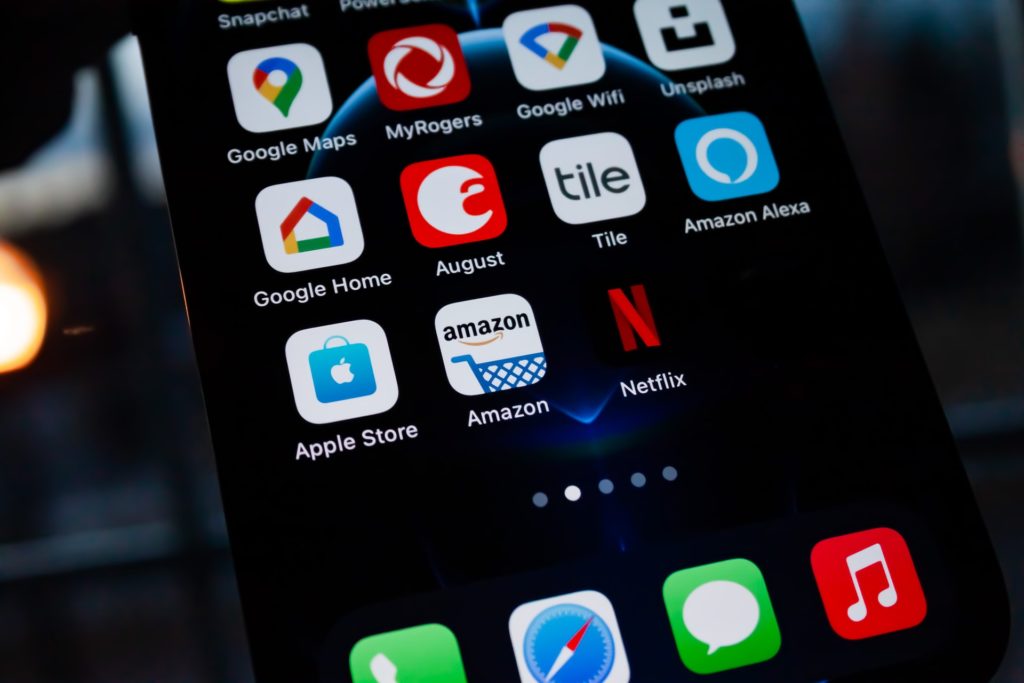Is Alexa always listening to your conversations?
There is still a lot of mystery surrounding voice technology like Alexa, Google Home, and Siri. It seems to be the future, so it’s only normal that we are all curious about what our smart speakers are capable of doing. Is Alexa listening to you all the time? Is Google Home spying on your conversations? How does the information gathered by smart speakers end up in their corporate databases? Whether you’re already convinced that smart speakers are spying on you, or figure it can’t hurt to confirm, I’ll tell you what I found.
Why would we even think this?
 One of the latest updates that Amazon rolled out to their Alexa platform is the ability for Alexa to listen for an “Alexa” wake-word at all times. What does this mean?
One of the latest updates that Amazon rolled out to their Alexa platform is the ability for Alexa to listen for an “Alexa” wake-word at all times. What does this mean?
Well, you can now have a conversation with your smart speaker in the middle of the night without having to hit a button or say “Hey Alexa.” Alexa will just come to life and grab your attention so long as there’s some noise going on where you’re at. Or, so long as someone is standing within earshot. It would seem that this update has brought a new level of privacy concern along with it.
Keyword Spotting
Keyword Spotting is a machine learning technique used for voice recognition. It looks for a keyword or keyphrase that activates the device and then starts recording what comes next. Amazon says that the device only records when it hears the wake word (Alexa), so you have to say that word in order to trigger the device’s ability to listen and record.
In addition, Amazon says that it uses keywords and key phrases as part of its learning process: it wants to learn when its product is activated by mistake so that it can continuously improve the performance of Alexa-enabled products. For example, if you say “Yes” in response to a question, Alexa might think you’re saying “Alexa” at first, and start listening for your command. But if you say “No,” then Alexa might realize she was mistaken about what you said, and stop listening. But in order for this process to work, Alexa must record both instances of your speech—the instance where she thought she heard “Yes,” and the one where she thought she heard “No.”

Is this a bad thing?
Does that seem a little creepy to anyone else? Of course, it does. We live in an increasingly interconnected world, and while that brings us some incredible perks, it also means that people know more about us than ever before. However, it’s smart for companies to store this information, because it helps them improve their artificial intelligence systems and make their products more useful in the future. But what happens when advertisers get involved, and companies start using your voice data to sell you stuff? I guess all of the perks of having smart speakers in your home (as well as on your phone, which basically means everywhere you go) come with a certain price.
You may be interested

The Best Cryptocurrency Apps You Should Choose From
admin - 13 June 2022With the dawn of the internet came a couple of innovations that we couldn't stay away from. Online stores are the first that come to mind. Shopping…

Are Landline Phones Actually Making a Comeback?
admin - 19 May 2022Technology drives us forward, but not everyone is pleased to hear about it, or participate in all the craziness that our technology-driven world entails. Looking forward, not…

Is the new Samsung foldable phone worth buying?
admin - 30 April 2022Most of us keep up with technology to a certain degree, especially when it comes to new phones. If you think about it, we probably spend most…
















